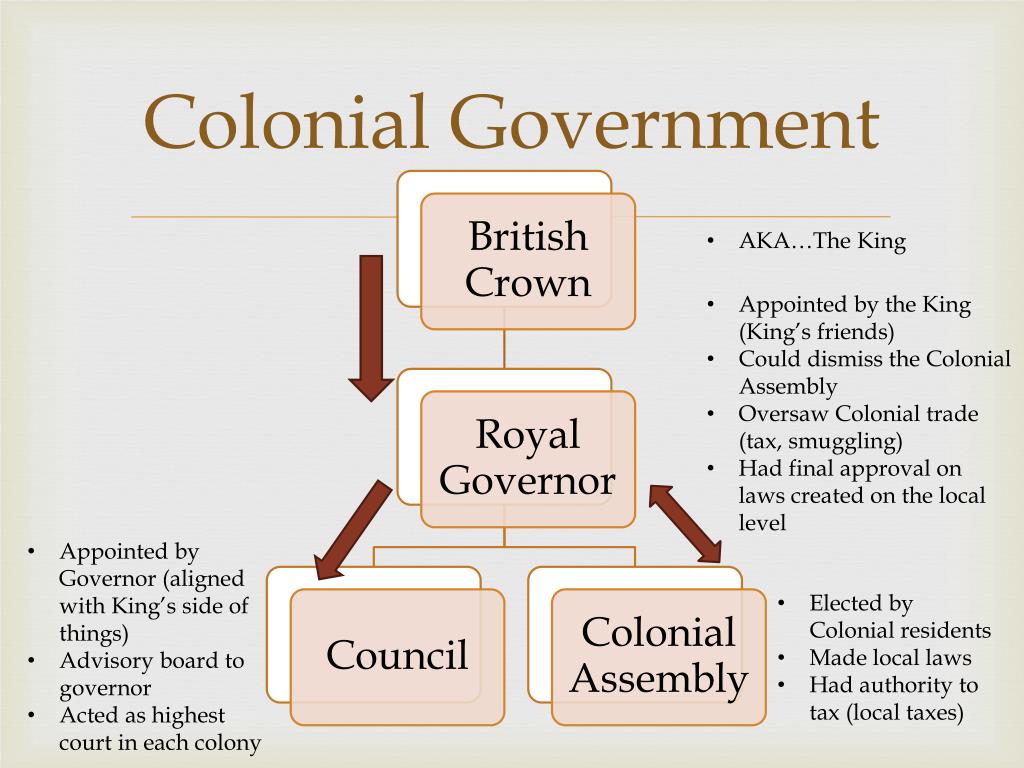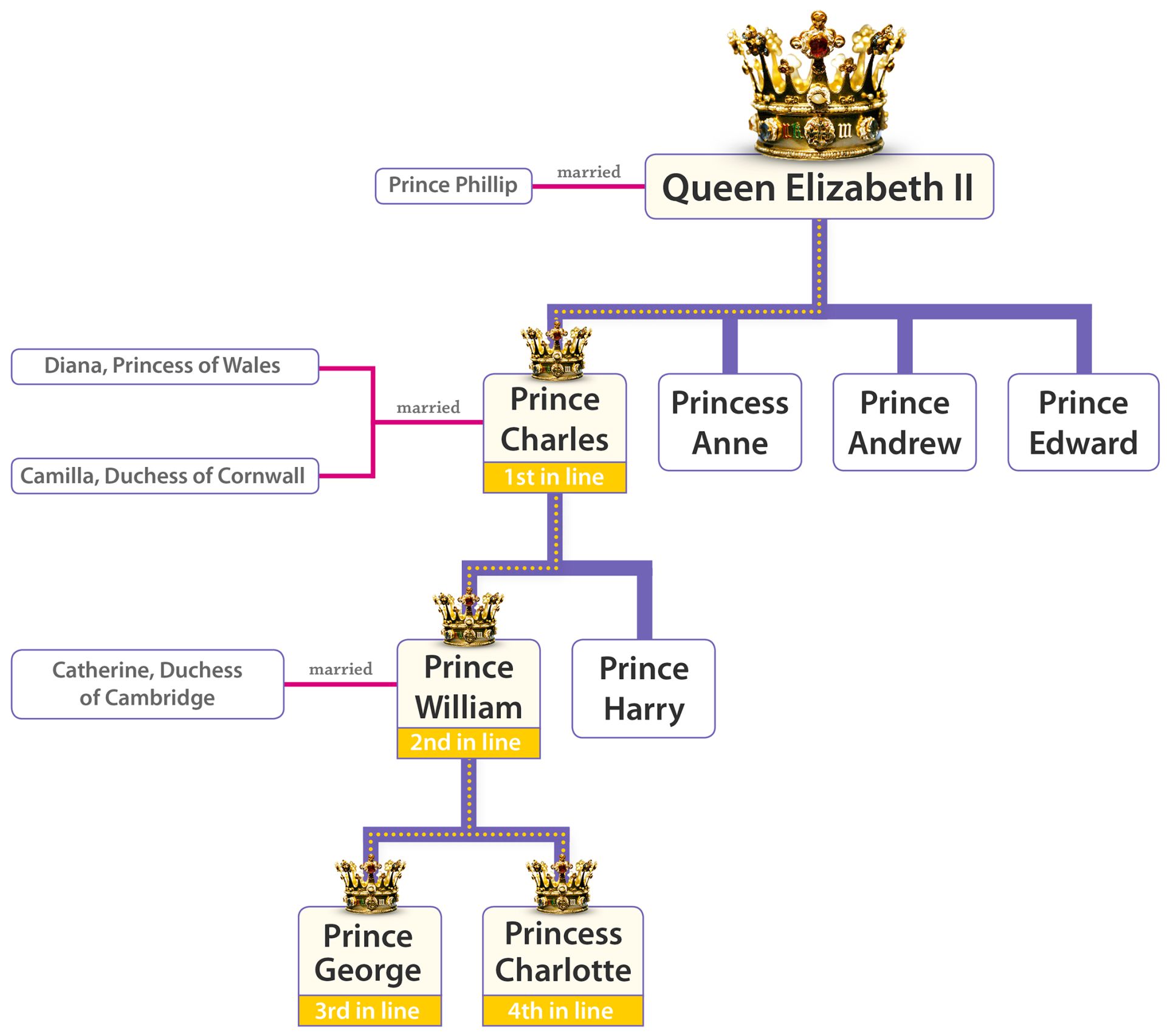Royal Power Today: Crown Family Roles & Responsibilities Explored
Do royal families still matter in the 21st century? Absolutely. They represent enduring traditions, embody national identity, and wield considerable influence, even in modern governance. Their roles, though evolving, remain pivotal in shaping the political, social, and economic landscapes of nations around the globe.
This article delves into a comprehensive exploration of the multifaceted roles that crown families play in governing nations. From the vestiges of ancient monarchies to the intricate dynamics of contemporary constitutional systems, we will dissect the historical context, analyze present-day responsibilities, and contemplate the future prospects of these enduring institutions. By examining these elements, we aim to illuminate the complexities and underscore the continued significance of royal families in modern governance.
| Category | Details |
|---|---|
| Role | Crown Families in Modern Governance |
| Historical Context | From ancient monarchies to modern constitutional systems |
| Current Responsibilities | Constitutional duties, representational roles, head of nation |
| Future Prospects | Evolving influence in political, social, and economic spheres |
| Key Functions | Shaping governance systems, embodying national identity, providing continuity |
| Examples | Charles III (King of the Bahamas), Saudi Arabia (Absolute Monarchy), Brunei (Absolute Monarchy) |
| Reference | The Official Website of the British Royal Family |
The question of whether royal families play a dominant role in forming a government is complex. Instead of focusing solely on the legislative process, it is more insightful to examine government formation as the core power. This perspective is crucial for two primary reasons. First, there has been a noticeable shift of powers toward the executive branch in numerous political systems globally. This realignment elevates the significance of the government formation process, where royal influence, if present, can be most impactful.
Secondly, the very term "monarchy" evokes notions of tradition, stability, and national identity. It can also be used to refer to the rule of law, underscoring the dual role of the monarch as both a symbolic figurehead and a guardian of constitutional principles. As head of state, the monarch undertakes a myriad of constitutional and representational duties, refined and developed over centuries of history. These duties, while often ceremonial, hold considerable symbolic weight and contribute to the overall stability of the governing framework.
Beyond these formal state duties, the monarch also fulfills a less formal yet equally important role as 'head of nation.' This encompasses several key elements: the continuity of a family that captivates the interest of all age groups across different generations, and the provision of disinterested support for civil society, transcending the realm of partisan politics. This unique position allows the monarch to serve as a unifying force, fostering a sense of national pride and cohesion.
Indeed, the role of crown families in governing nations has captivated both scholars and the public for generations. From the ancient monarchies that shaped the course of history to the modern constitutional systems that dot the global landscape, the crown family has been a pivotal figure in the evolution of governance. Throughout the centuries, from ancient kingdoms to modern constitutional monarchies, royal families have continued to exert a substantial influence on the political, social, and economic domains of their respective nations.
- Gina Lynn From Viral Chickfila To Tiktok Star Discover
- George Morcos The Untold Story Bio Age More Revealed
Consider the concept of "the hand of the king" (or queen, for a ruling female sovereign). This position, often shortened to "the king's hand" for simplicity, represents the most powerful appointed role within a kingdom, second only to the monarch. This illustrates the enduring significance of royal appointments and the potential for influence within a monarchical system, even in a contemporary setting.
What specific roles do monarchies play in the modern world? In the United Kingdom, for example, the monarchy fulfills a number of broadly constitutional functions, primarily within the following areas. The monarch serves as the embodiment of the state, with "the crown" representing the permanent essence of the nation. In this capacity, the terms 'the crown' or 'his/her Majesty' serve as symbols of the enduring state apparatus.
It is also crucial to acknowledge the complex relationship between crown governance and indigenous populations, particularly in nations like Canada. The incorporation of provincial laws by reference through section 88 of the Indian Act in the 1950s has had a profound impact. For its part, the federal government has often sought to limit its role to programming and funding for First Nations child welfare. Consequently, First Nations communities have had to navigate federal funding parameters, often impacting their ability to self-govern and address their unique needs.
While absolute monarchies are less common today, they persist in certain regions. In countries like Saudi Arabia and Brunei, monarchs continue to wield significant control over all sectors of government, often operating without constitutional limitations or robust democratic processes. In these nations, the monarchs play an active and direct role in governing.
Charles III, for instance, reigns as the sovereign and head of state for each of the Commonwealth realms since 2022. There are currently 15 Commonwealth realms spanning three continents nine in North America, five in Oceania, and one in Europe encompassing a combined area of 18.7 million square kilometers (7.2 million square miles), excluding Antarctic claims. This vast reach underscores the enduring global influence of the crown.
As a result, the current monarch is officially titled King of the Bahamas. In this capacity, he and other members of the royal family undertake public and private functions both domestically and abroad, serving as representatives of the Bahamian state. However, it is essential to note that, legally, the King is the only member of the royal family with any true constitutional role in these realms.
The Commonwealth of Nations, often referred to as the British Commonwealth or simply the Commonwealth, is an international association of 56 member states. The majority of these states were once territories of the British Empire, from which the Commonwealth evolved. These nations are connected through their shared use of the English language and cultural traditions.
The crown also plays a crucial role in dissolving parliament before a general election, a process often accompanied by significant pomp and circumstance. More information on state opening is readily available through official government channels.
Furthermore, the crown informs parliament of the government's policy ideas and plans for new legislation in a speech delivered from the throne in the House of Lords. While the King delivers the speech, it is the government that formulates the content, highlighting the intricate balance between royal tradition and modern governance.
Constitutional monarchies, in contrast to absolute monarchies, are governed by elected parliaments and governments. In these systems, a monarch remains head of state but plays a distinctly different set of roles. Lisa James and Robert Hazell, for example, have provided insightful analyses of the UK monarchy's constitutional role, its impact on British society, and the complex questions that would arise should the UK ever decide to replace it.
Historically, the ultimate source of legal authority in the colonies was a matter of debate. Some argued it was the Lords of Trade, others the people of Britain, and still others, God. The Navigation Act of 1651, for instance, aimed to regulate colonial trade and was later repealed once Cromwell came to power, demonstrating the shifting dynamics between the crown and its overseas territories.
While there is no "Canadian royal family" in the traditional sense, Canada's head of state remains the British monarch, even though the monarch does not reside in Canada. However, the crown does own a significant portion of land in Canada, which is administered by both federal and provincial governments. This underscores the enduring presence of the crown, even in a nation with its own distinct identity.
Navigating the historical relationship between the crown and indigenous populations reveals a complex tapestry of treaties, agreements, and ongoing negotiations. Indigenous peoples have always governed themselves, and while some nations excelled more than others, most native nations had governing systems that supported their core cultural values, strengthened social relationships, resolved disputes, advanced their priorities, and responded to the specific circumstances they faced.
The BC Treaty Negotiations Process in British Columbia provides a framework for Canada, BC, and First Nations to collaborate towards common goals of recognition and reconciliation. These treaties and agreements represent constructive efforts to address historical injustices and forge a more equitable future.
Following the Second World War, the vast majority of British colonies and territories gained independence, effectively bringing the empire to an end. In the wake of this transition, the royal family has largely shed its direct political powers. Queen Elizabeth and her descendants have instead focused on supporting various charitable organizations, with the Queen serving as a titular patron. This shift highlights the evolving role of the monarchy in a post-colonial world, emphasizing service and philanthropy over direct political control.
With these privileges, however, comes a lifelong obligation of duty. Royal family members are expected to uphold various social responsibilities, demonstrate honorable behavior, provide customary service, and assume leadership roles or positions. This commitment extends through familial and kinship bonds, ensuring the continuity of the crown's influence for generations to come.



Detail Author:
- Name : Sabrina Schmitt
- Username : jayda.schmidt
- Email : hahn.queen@rowe.org
- Birthdate : 1980-08-02
- Address : 34914 Jaclyn Lake Apt. 279 Westonton, AZ 96918-3920
- Phone : (346) 801-6782
- Company : Hayes Group
- Job : Title Searcher
- Bio : Sunt repudiandae exercitationem error perspiciatis aliquid sint aut modi. Ut perferendis molestias qui aliquid et molestiae repellendus officia. Dolorem eos ut quis voluptatem facilis aliquam.
Socials
tiktok:
- url : https://tiktok.com/@shields1986
- username : shields1986
- bio : Voluptas et voluptas earum dolorem. Id at aliquid unde in cum nobis.
- followers : 303
- following : 1541
linkedin:
- url : https://linkedin.com/in/sincere_dev
- username : sincere_dev
- bio : Quaerat rerum est enim est et ipsam ut vel.
- followers : 1327
- following : 2857
instagram:
- url : https://instagram.com/sincere_xx
- username : sincere_xx
- bio : Amet qui aut delectus repellat. Consequuntur ex ut et explicabo. Et impedit minima earum doloribus.
- followers : 5981
- following : 2186
twitter:
- url : https://twitter.com/sincere6422
- username : sincere6422
- bio : Omnis voluptatem ratione quibusdam mollitia aliquid ex magni. Eum rerum sint adipisci. Quia vitae et laborum ipsa quia.
- followers : 4874
- following : 2941
facebook:
- url : https://facebook.com/sincere_shields
- username : sincere_shields
- bio : Voluptas excepturi rerum qui ullam qui ipsa.
- followers : 4283
- following : 608